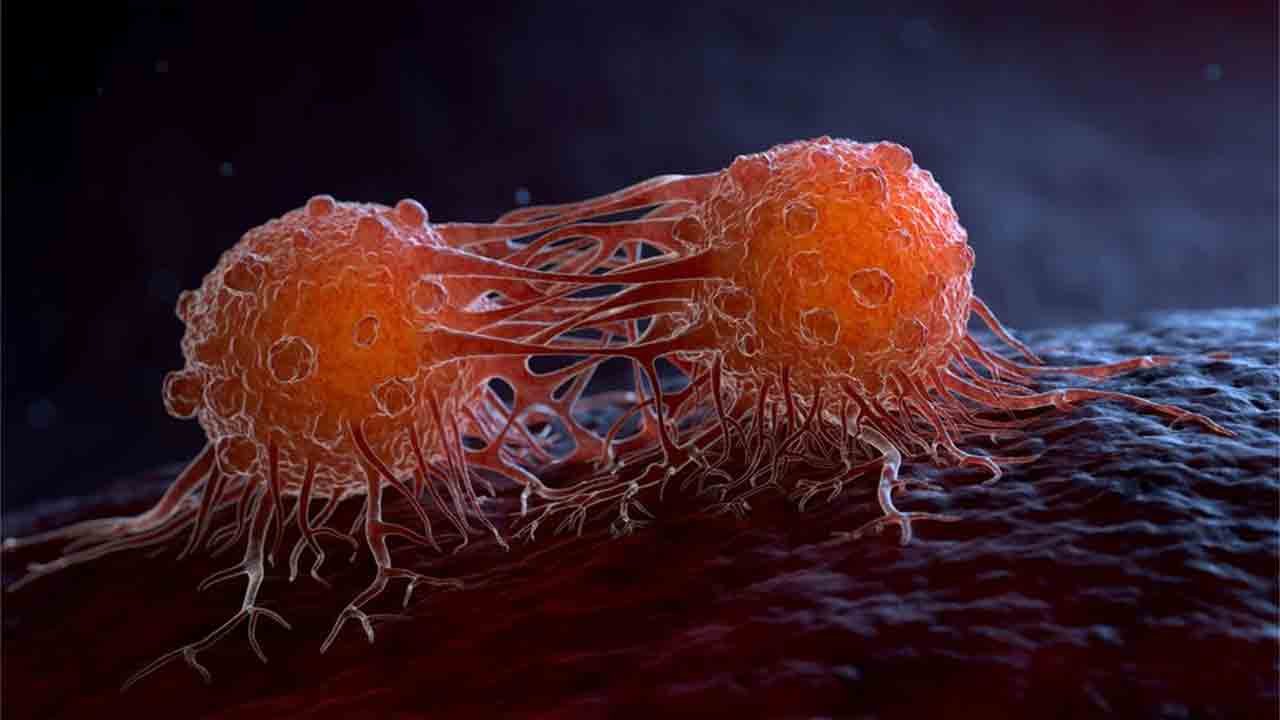T-cell-based immunotherapy has emerged as a groundbreaking method in the fight against cancer, showing promise in significantly enhancing the body’s resistance to the disease and, in many cases, eradicating it entirely. This innovative therapy leverages the patient’s own immune system, engineering T cells to specifically recognize, attack, and destroy cancer cells, effectively transforming these cells into living drugs.
Despite its revolutionary potential, T-cell immunotherapy does not work uniformly across all patients, highlighting the necessity for a deeper understanding of the properties and behaviors of engineered T cells to improve clinical outcomes.
The Mechanism of T-Cell Immunotherapy
T-cell immunotherapy involves several key steps. Initially, T cells are extracted from the patient’s blood. These cells are then genetically modified in a laboratory to express receptors known as chimeric antigen receptors (CARs) on their surface. These CARs enable the T cells to recognize and bind to specific proteins on the surface of cancer cells. Once modified, the T cells are multiplied in the lab and infused back into the patient’s bloodstream. Upon reintroduction, these engineered T cells seek out and attach to the cancer cells, initiating an immune response that results in the destruction of the malignant cells.
The Role of CD8-Ft T Cells in Cancer Treatment
Ali Rizwan, the lead author of a recent study, sheds light on a particular subset of T cells, known as CD8-Ft T cells, which have shown remarkable capabilities in cancer treatment. According to the study, these cells exhibit rapid movement and possess a unique ability for serial killing, making them especially effective in targeting cancer cells.
To uncover these properties, Rizwan and his team employed a cutting-edge technique called TIMING (time-lapse imaging microscopy in nanowell grids). This method allowed them to visualize the interactions between T cells and cancer cells in real-time. The findings revealed that CD8-Ft T cells are not only capable of moving swiftly but can also repeatedly attack and kill multiple cancer cells, making them highly potent in the fight against cancer.
Challenges and Future Directions
While T-cell immunotherapy has brought new hope to cancer treatment, it is not universally effective. The variability in patient responses to the therapy underscores the need for ongoing research to better understand the mechanisms driving the success or failure of the treatment. Factors such as the patient’s unique genetic makeup, the tumor microenvironment, and the specific characteristics of the cancer cells all play a role in determining the efficacy of the therapy.
Enhancing the effectiveness of T-cell immunotherapy involves several strategies. One approach is to improve the engineering of T cells to enhance their ability to target and destroy cancer cells. This could involve refining the CARs to improve their specificity and binding affinity. Another approach is to combine T-cell therapy with other treatments, such as checkpoint inhibitors, which can help overcome some of the immune resistance mechanisms employed by cancer cells.
Additionally, ongoing research is focusing on identifying biomarkers that can predict a patient’s response to T-cell therapy. This would enable personalized treatment plans, where patients most likely to benefit from the therapy can be identified and treated accordingly.
T-cell-based immunotherapy represents a significant advancement in cancer treatment, offering the potential for long-lasting remission and even cures in some cases. The discovery of the potent CD8-Ft T cells and their rapid, serial killing capabilities marks an important step forward in this field. However, the variability in patient responses indicates that there is still much to learn about the complex interactions between engineered T cells and cancer cells.
By continuing to explore these interactions and improving our understanding of the factors that influence the success of T-cell therapy, researchers can develop more effective treatments, bringing hope to millions of cancer patients worldwide. The journey towards fully harnessing the power of T-cell immunotherapy is ongoing, but each new discovery brings us closer to a future where cancer can be consistently and effectively eradicated.



